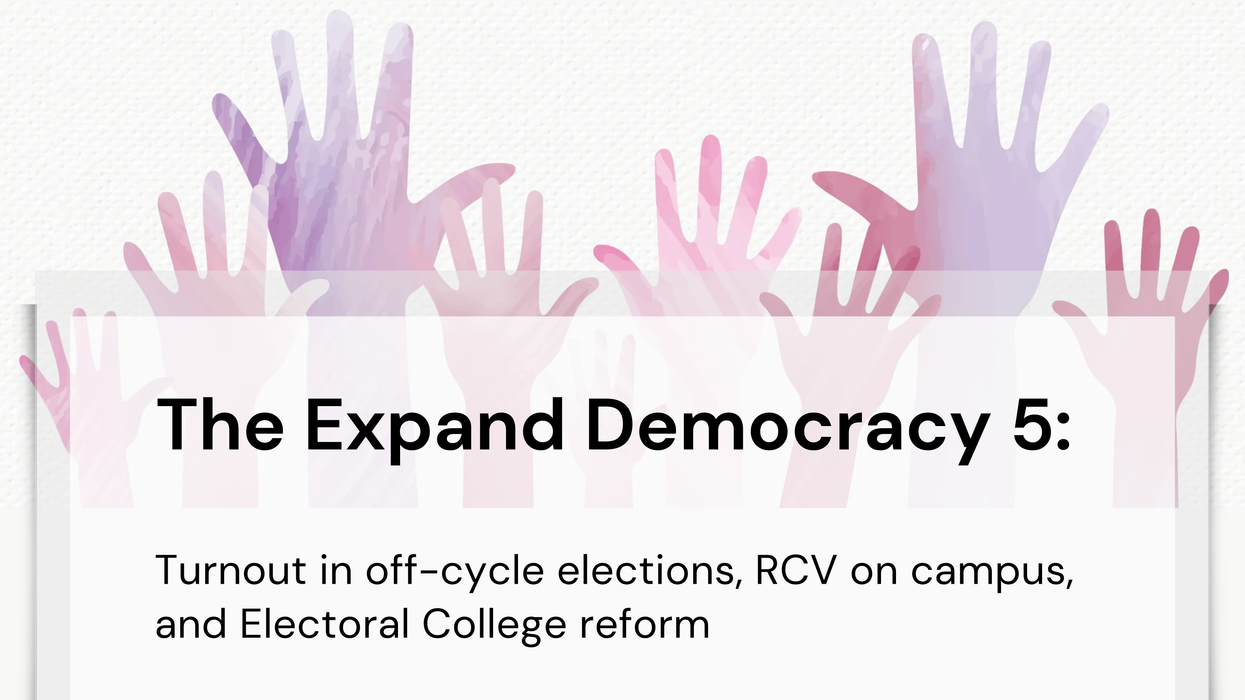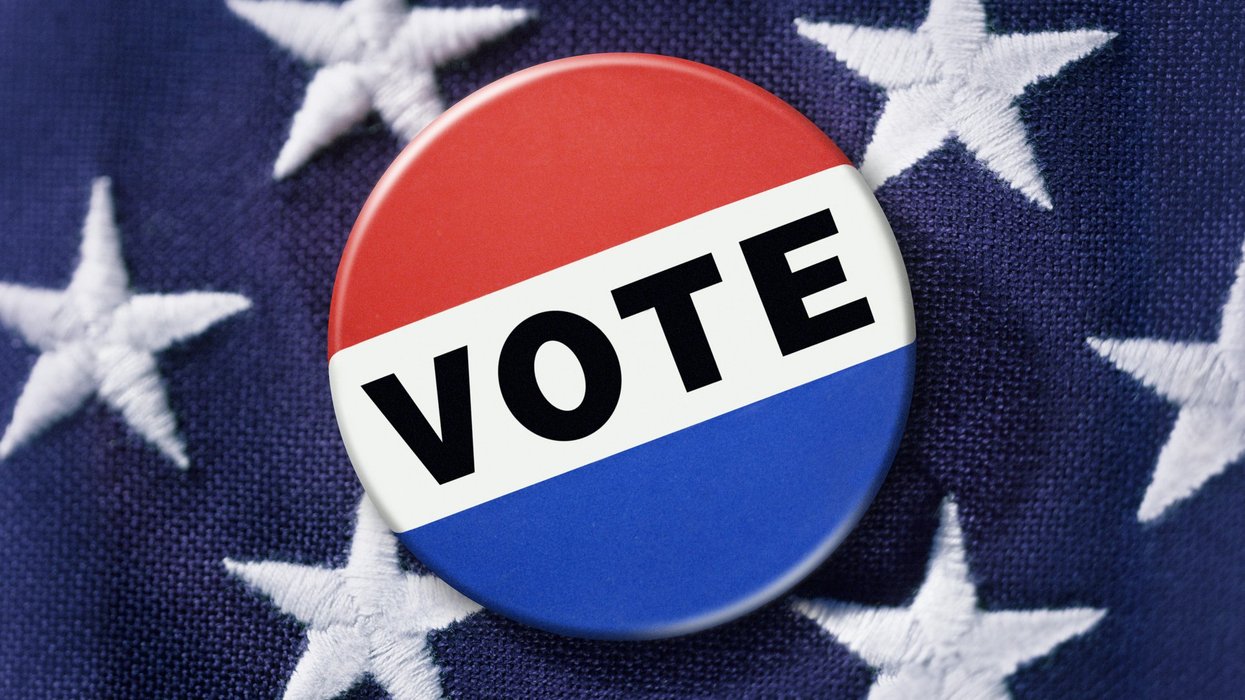Members of the special House panel charged with reimagining the day-to-day of Congress are doing something unheard of Wednesday afternoon – sitting all together.
For many decades and without any apparent exception, Democrats and Republicans have sat on opposite sides of the dais at all committee meetings, one of the myriad symbolic signals of a Capitol where partisan tribalism is a first principal.
At this hearing, however, the six Republicans and six Democrats on the Select Committee on the Modernization of Congress are breaking with longstanding tradition and bucking this partisan norm with a bipartisan game of "musical chairs," according to a spokeswoman for Georgia Republican Tom Graves, the committee's vice chairman. The seats for the 12 lawmakers were arranged on the rostrum alternating Democrats and Republicans, so that no lawmakers have to even "reach across the aisle" in search of bipartisan collaboration.
The committee ended its separate Twitter accounts for each party this week. The accounts were merged into one — @ModernizeCmte — "in the spirit of bipartisanship," Graves' office said in an email.
At Wednesday's hearing, the committee is hearing from six former House members in its search of ways to improve the rules, procedures and policies of the lower chamber. The panel has until year's end to come up with changes that can muster endorsement by at least two-thirds of its members.




















